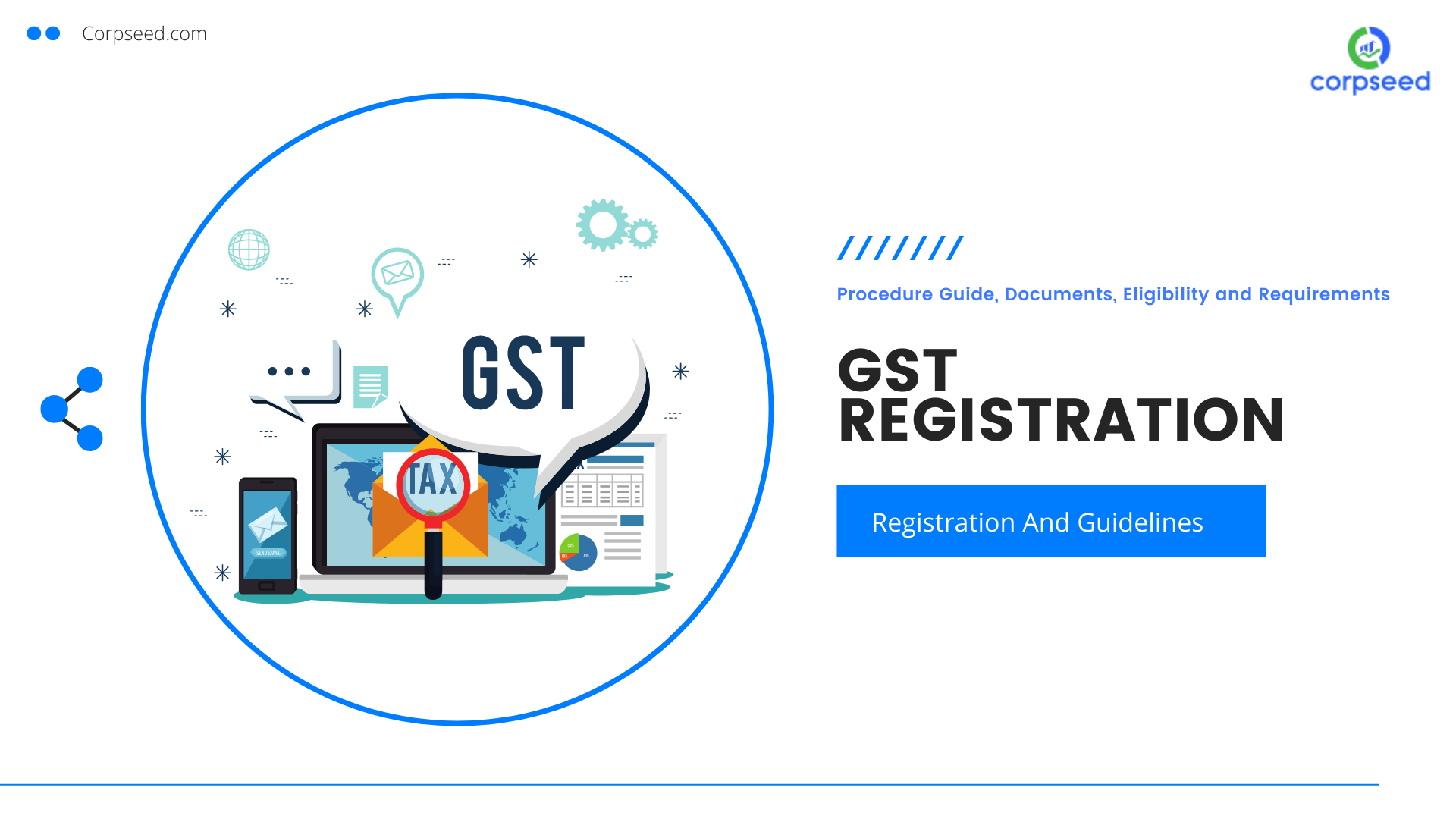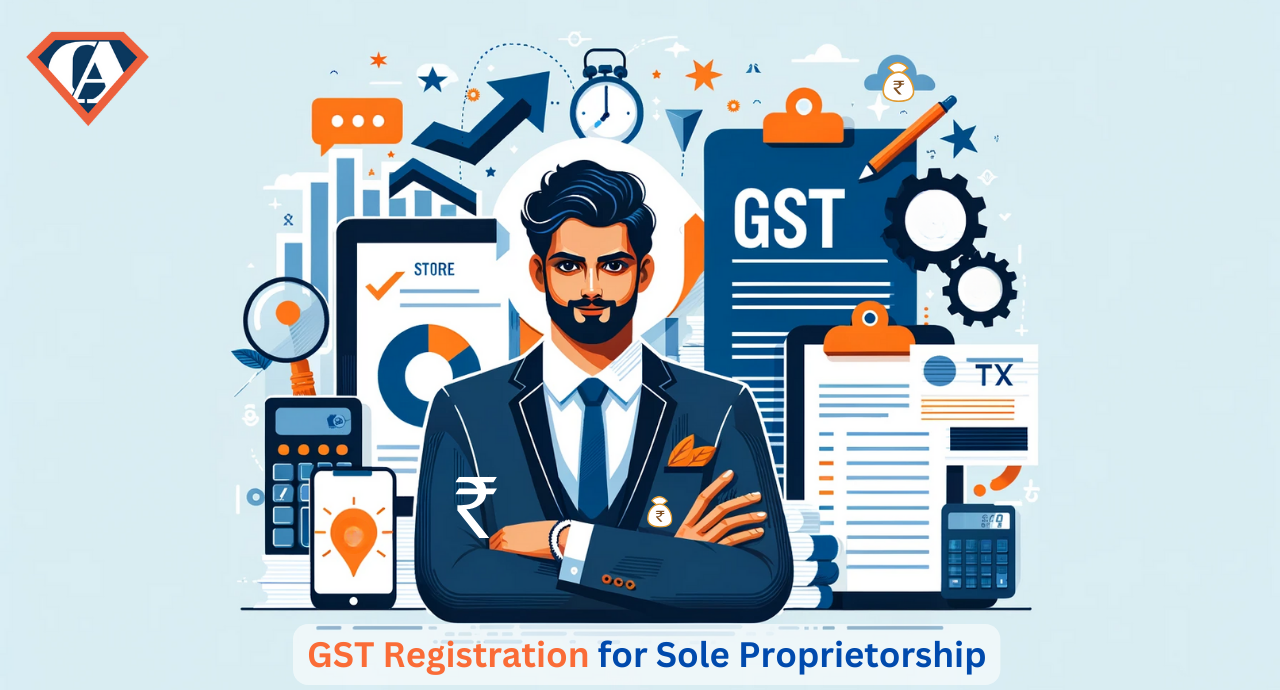How to Navigate Singapore GST Registration for Your Company
How to Navigate Singapore GST Registration for Your Company
Blog Article
Grasping GST Enrollment: Crucial Steps to Guarantee Regulative Compliance and Service Development
Navigating the realm of Item and Solutions Tax (GST) enrollment can be an essential step for organizations aiming to maintain conformity and foster growth. Past just ticking off the regulatory checkboxes, mastering GST enrollment opens up a realm of opportunities for services to tactically take advantage of this tax framework to thrust their development.
Comprehending GST Basics
Comprehending the essentials of Goods and Provider Tax (GST) is vital for organizations to navigate the intricacies of tax obligation compliance and monetary monitoring efficiently. GST is a value-added tax imposed on the supply of items and services in India, aiming to produce a unified tax obligation system throughout the country. Singapore GST Registration. Under GST, services require to sign up and obtain a distinct GSTIN (Item and Provider Tax Identification Number) to be compliant with the legislation

Preparing Necessary Papers
To make certain compliance with GST registration requirements, companies need to collect and arrange the essential records for the application procedure successfully. The key files usually required for GST enrollment include evidence of service enrollment or unification, frying pan card of the identity, organization and address proofs of promoters, photos, financial institution declarations, and evidence of address of the area of organization. In addition, organizations might require to supply details of authorized signatories, organization tasks, and turn over. It is vital to make certain that all records are precise, up to date, and fulfill the demands specified by the tax authorities to stay clear of hold-ups or denials in the enrollment process.
Organizing these records in an organized fashion can improve the application process and demonstrate the business's commitment to governing compliance. Businesses need to preserve both electronic and physical copies of these records for easy accessibility and reference. By preparing the necessary records carefully, businesses can quicken their GST registration procedure and emphasis on their core procedures with the assurance of regulative conformity.
Online Enrollment Process
Begin the GST enrollment process by navigating to the official online portal designated for business enrollment. As soon as the account is established up, you can proceed with filling up out the GST registration application form by entering the required link company information, including organization kind, address, and turnover details.

Conformity and Reporting Commitments
Upon effective registration on the GSTN portal and conclusion of the necessary documents, services must stick to rigid compliance and reporting commitments to guarantee regulatory adherence and functional transparency. Conformity requirements under GST required timely and exact filing of numerous returns, such as GSTR-1 for outside supplies, GSTR-3B for regular monthly summary returns, and annual returns like GSTR-9. Additionally, services need to resolve their sales and acquisition data via GSTR-2A and GSTR-2B to claim input tax obligation credit histories correctly.
Preserving correct records of billings, accounting documents, and other pertinent data is vital for GST compliance. Routine audits and analyses by tax authorities require organizations to have precise documents and reporting systems in place. Any type of disparities or non-compliance can result in fines, fines, or perhaps suspension of GST enrollment.
To improve conformity procedures, businesses can take advantage of GST conformity software program that automates return settlement, compliance, and filing monitoring. Remaining upgraded with regulatory changes and seeking professional guidance when needed can additionally boost compliance efforts and guarantee smooth procedures within the GST structure.
Leveraging GST for Service Development
One crucial see this website advantage of GST is the input tax obligation credit score system, which permits services to claim debts for taxes paid on inputs. In addition, GST promotes openness and accountability in the tax obligation system, which can help services construct count on with consumers and partners.
Furthermore, GST enrollment can also open brand-new markets for companies. Being GST-compliant can improve reliability and make it much easier to increase operations throughout state boundaries. This not only enhances market reach however additionally fosters an affordable side in the industry. By straightening with GST laws, businesses can adapt to altering market characteristics and remain in advance of the competition. Fundamentally, leveraging GST for service development involves tactical planning, effective conformity, and a progressive method to monetary monitoring.
Verdict
Finally, mastering GST registration is important for making sure governing conformity and promoting organization growth. By understanding the basics of GST, preparing necessary files, completing the online registration process, and fulfilling compliance and reporting obligations, companies can take advantage of GST to their advantage. It is essential for organizations to abide by the regulations and make use of GST as a device for broadening their operations and remaining affordable out there.
Navigating the realm of Goods and Provider Tax (GST) registration can be a pivotal action for services intending to maintain compliance and foster development. The vital records normally needed for GST registration include proof of business enrollment or unification, PAN card of the company, identity and address evidence of promoters, photos, bank declarations, and evidence of address of the location of organization.Begin the GST enrollment process by navigating to the main online portal marked for business enrollment. Once the account is set up, you can continue with filling up out the GST enrollment application form by going into the essential company details, including company turnover, type, and address details.
By comprehending the essentials of GST, preparing required papers, completing the on the internet enrollment process, and satisfying conformity and reporting obligations, organizations can leverage GST to their benefit.
Report this page